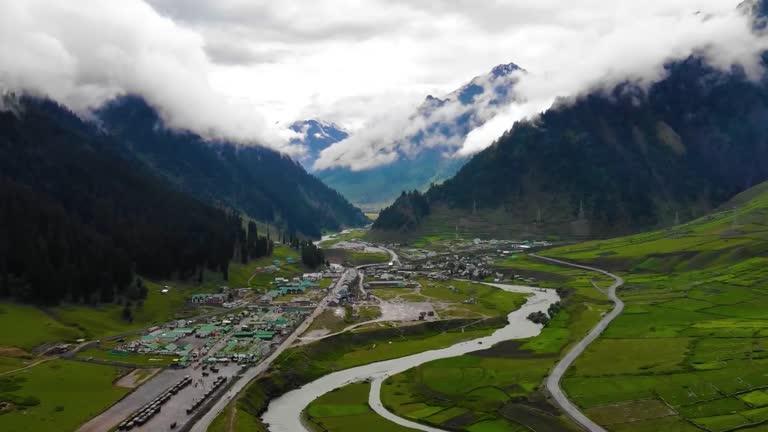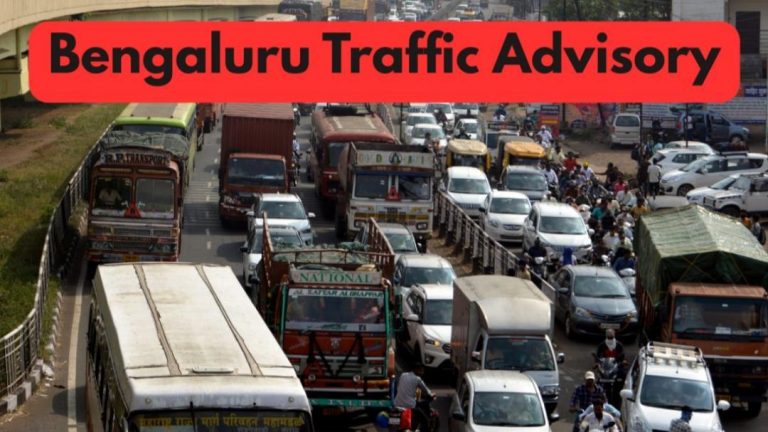
Over 83,000 non-state subjects received J&K domicile: State Govt
In a significant development, the Jammu and Kashmir government has revealed that over 83,000 people, or ‘non-state subjects’, have received domicile certificates in the state over the last two years. The information was shared in a written reply to a question posed by People’s Democratic Party (PDP) MLA Waheed ur Rehman Para.
According to the reply, the Jammu and Kashmir Revenue Department has issued a staggering 35,12,184 domicile certificates in the last two years. This number is a testament to the massive influx of non-state subjects into the state, which has been a contentious issue in recent years.
The domicile certificate is a crucial document that grants individuals the right to own property, vote, and access various government services in the state. However, the issuance of domicile certificates to non-state subjects has been a subject of controversy, with many arguing that it undermines the interests of the indigenous people of Jammu and Kashmir.
The Jammu and Kashmir government’s decision to grant domicile certificates to non-state subjects has been seen as a key factor in the state’s demographic changes. The state’s population has been growing rapidly, with many migrants from other parts of India settling in the state. This has led to concerns about the erosion of the state’s indigenous culture and identity.
The controversy surrounding domicile certificates has been ongoing for several years, with many political parties and organizations demanding restrictions on the issuance of these certificates. The issue has also been taken up by the state’s high court, which has issued several orders and directions to the government to ensure that domicile certificates are issued in accordance with the law.
One of the key concerns about the issuance of domicile certificates to non-state subjects is that it could lead to the erosion of the state’s special status. Jammu and Kashmir is one of the few states in India that has a special status under Article 370 of the Indian Constitution. This provision grants the state a significant degree of autonomy and self-governance.
However, the government’s decision to grant domicile certificates to non-state subjects has been seen as a threat to this special status. Many argue that the influx of non-state subjects into the state could dilute the state’s unique cultural and religious identity, leading to a loss of its special status.
Despite these concerns, the Jammu and Kashmir government has maintained that the issuance of domicile certificates to non-state subjects is a necessary step to promote economic development and integration with the rest of India. The government has also argued that the domicile certificates are issued in accordance with the law and are subject to strict conditions and restrictions.
The issue of domicile certificates is not the only controversy surrounding Jammu and Kashmir’s demographic changes. The state has also been facing concerns about the increasing number of migrants from Pakistan-occupied Kashmir (PoK) and China’s Xinjiang province. Many of these migrants have settled in the state, often without proper documentation or legal status.
The influx of migrants from these regions has led to concerns about national security and the state’s borders. Many argue that the government’s failure to track and monitor the movement of these migrants could pose a threat to the state’s security and integrity.
In conclusion, the issuance of domicile certificates to over 83,000 non-state subjects in Jammu and Kashmir is a significant development that has sparked controversy and debate. While the government has maintained that the issuance of these certificates is necessary for economic development and integration, many argue that it undermines the interests of the indigenous people of the state.
As the debate surrounding domicile certificates continues, it is essential to consider the broader implications of demographic changes in Jammu and Kashmir. The state’s unique cultural and religious identity is at stake, and it is crucial that the government takes steps to ensure that the interests of the indigenous people are protected.
Source: https://thecsrjournal.in/non-state-subjects-received-domicile-certificates-last-two-years-jk-govt/






